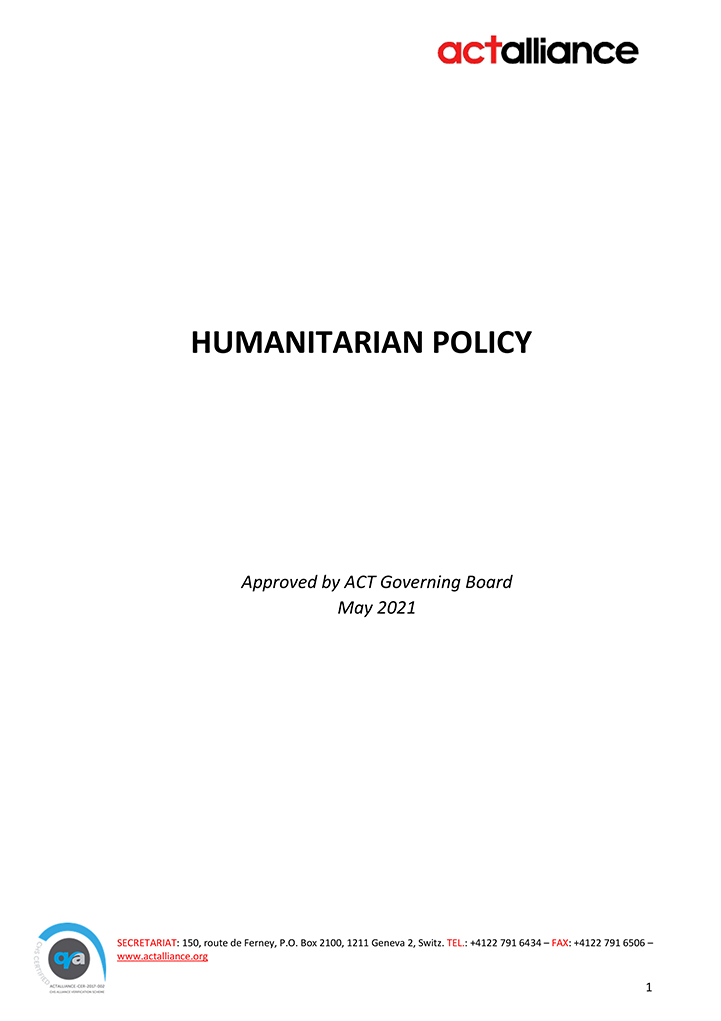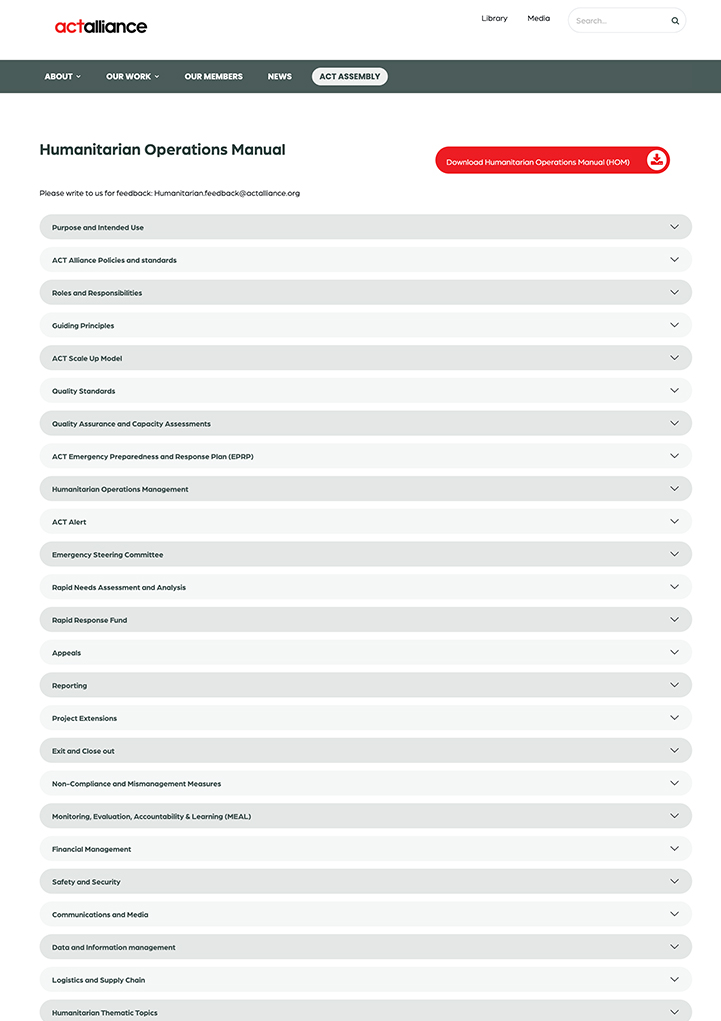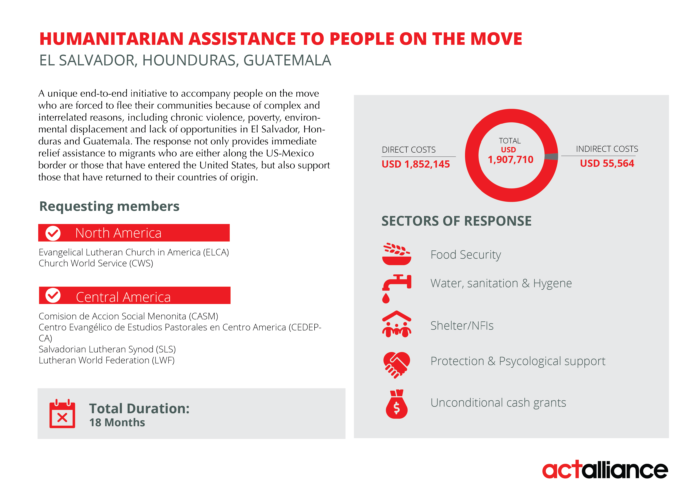Heavy rains caused by powerful tropical Cyclone Idai hit the central and northern regions of Mozambique from 14th March 2019, leading to massive floods and leaving at least 202 people dead, according to the President of Mozambique, Filipe Nyusi. The death toll is expected to rise in the coming days. The situation is likely to deteriorate and the number of people affected is likely to increase, as weather experts predict heavy rainfall in Sofala and Manica provinces from 19 to 21 March. Flood waters may rise up to around eight metres and at least 350,000 people are at risk (OCHA Flash Update, 19 March). There are also growing concerns regarding the potential effects of the overflow of the Marowanyati Dam in Zimbabwe on water levels in Mozambique.Most of the affected population are located in the provinces of Zambezia (districts of Chiunde, Luabo, Inhassugue, Mopeia, Nicoandala , Maquaival, Mocubela. Mulevala, Mocuba, Milage, Dere and
Qualimane), Niassa (districts of Cuamba and Madimba), and Sofala Province (districts of Buzi, Chemba, Caia, Cherigoma, Chibabava, Dondo, Gorongosa, Morremeu, Marrigue , Muaza amd Nhamantanda).Based on initial assessments from ACT member Comité Ecuménico para o Desenvolvimento Social (CEDES)/Ecumenical Committee for Social Development, 683 of those affected in Zambezia by the floods have been identified as orphans and vulnerable children, and 165 have been identified as elderly. Moreover, 286 classrooms have been total destroyed forcing more 2,450 children out of schools. The damage to agricultural lands is also very significant, with at least 83,813 hectares of crops such as maize, cassava, sorghum and millets flooded, affecting 53,318 small farmers whose livelihoods depends on farm produce.Alerts_Mozambique_Cyclone Idai







 By October 12, 2018 the exodus from Central America to the United States has grown in complexity and continues to pose grave risks for the people on move, coming mainly from the north triangle (Honduras, Guatemala and El Salvador) to reach the Mexican-USA border, to seek asylum due to social and political violence, drought and lack of economic opportunities given the high inequity and poverty in their countries. People on the move are growing in number, and the threat for their lives and properties have become severe brought on by gangs and traffickers. The situation at each border, Guatemala, Mexico or USA, is more challenging due to the tightening of border control measures (e.g. at the Honduras-Mexico border), leading to cases of mass refoulement (migrants returned in huge numbers). For those that entered the United States are usually caught by border patrols and children are from their parents and sent to detention camps without any specific plans for reunification.The purpose of this appeal is to initiate a humanitarian component to help meet the needs of people on the move, to promote legislation and policies that are in accordance with states’ human rights obligations, transparent, and to solicit the support from international community through the pertinent bodies of the United Nations. In addition, this measure seeks to guarantee the safety and physical integrity of migrants, especially minors, the elderly and women, and to prevent people from being deceived by international criminal organizations engaged in migrant smuggling, which endangers their lives, trying to have the families together and communicated. In this context, collecting information about rights violations, and providing evidence of CSO activities will be crucial for influencing a rights-based implementation of the Global Compacts for Migration and on Refugees in Central America and Mexico.ACT Alliance North America members, ELCA, CLWR and CWS, are collaborating with members of the Central
America ACT Alliance Forum, CASM, CEDEPCA, SLS and LWF, for an 18-month humanitarian assistance initiative to assist Central American families and vulnerable individuals who are seeking asylum in the US.
By October 12, 2018 the exodus from Central America to the United States has grown in complexity and continues to pose grave risks for the people on move, coming mainly from the north triangle (Honduras, Guatemala and El Salvador) to reach the Mexican-USA border, to seek asylum due to social and political violence, drought and lack of economic opportunities given the high inequity and poverty in their countries. People on the move are growing in number, and the threat for their lives and properties have become severe brought on by gangs and traffickers. The situation at each border, Guatemala, Mexico or USA, is more challenging due to the tightening of border control measures (e.g. at the Honduras-Mexico border), leading to cases of mass refoulement (migrants returned in huge numbers). For those that entered the United States are usually caught by border patrols and children are from their parents and sent to detention camps without any specific plans for reunification.The purpose of this appeal is to initiate a humanitarian component to help meet the needs of people on the move, to promote legislation and policies that are in accordance with states’ human rights obligations, transparent, and to solicit the support from international community through the pertinent bodies of the United Nations. In addition, this measure seeks to guarantee the safety and physical integrity of migrants, especially minors, the elderly and women, and to prevent people from being deceived by international criminal organizations engaged in migrant smuggling, which endangers their lives, trying to have the families together and communicated. In this context, collecting information about rights violations, and providing evidence of CSO activities will be crucial for influencing a rights-based implementation of the Global Compacts for Migration and on Refugees in Central America and Mexico.ACT Alliance North America members, ELCA, CLWR and CWS, are collaborating with members of the Central
America ACT Alliance Forum, CASM, CEDEPCA, SLS and LWF, for an 18-month humanitarian assistance initiative to assist Central American families and vulnerable individuals who are seeking asylum in the US.



